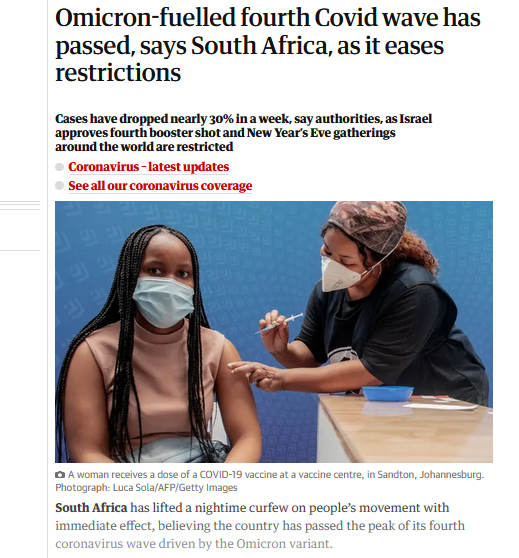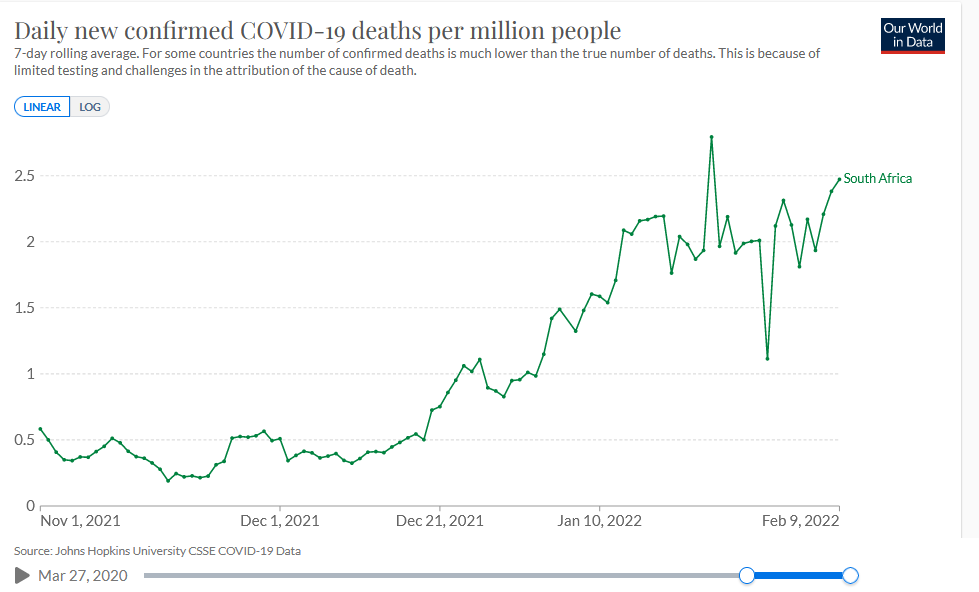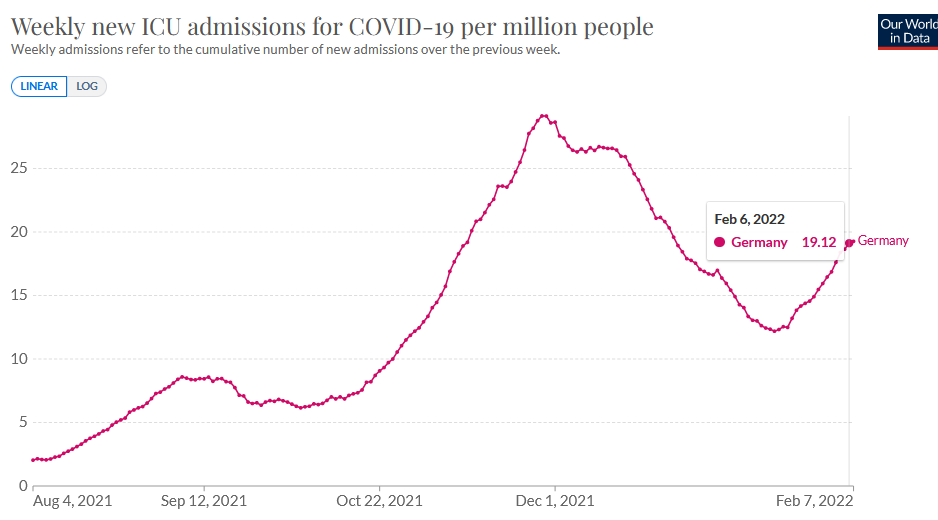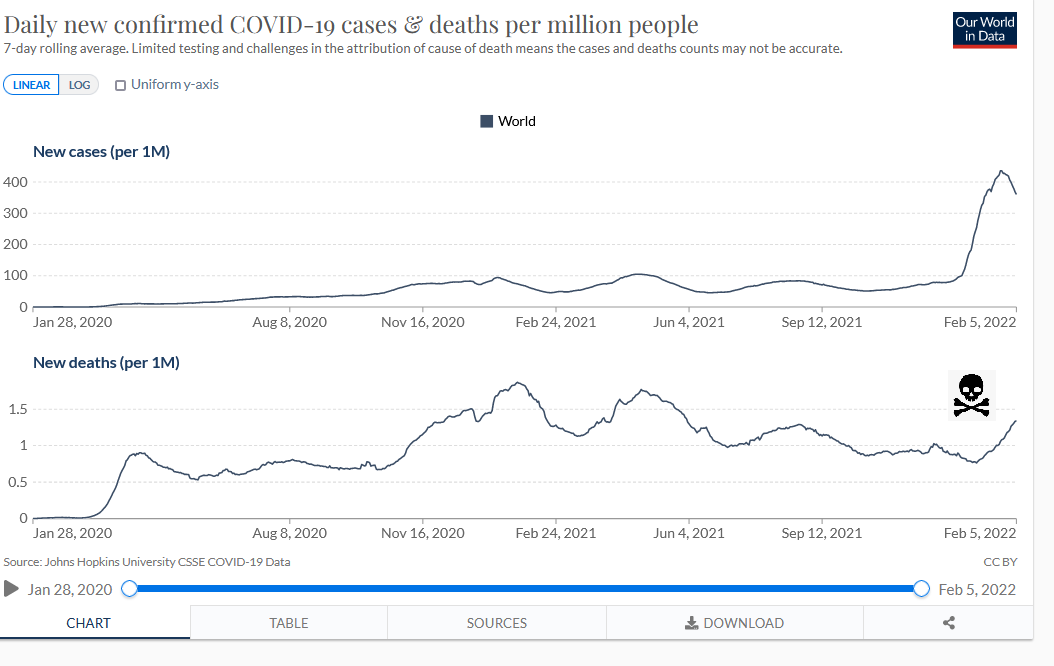
1) Some Québec parents are now traveling to Plattsburgh to get their teenagers boosted with a third #COVID dose because the government here has chosen not to expand booster immunization for this entire age group. In this thread, I will examine the science behind this decision.
2) First, though, let me share with you what I’ve learned about this example of medical tourism, which is somewhat reminiscent of Québec cancer patients traveling to Plattsburgh in 1999 (but at the government's expense) because of a lack of oncology resources in the province.
3) One Montreal mother drove across the U.S. border on Friday to get her two teens boosted. The shots were free, but the mom had to pay $125 for each child for a #COVID test to return with the all-clear to Canada.
4) The parent decided on this course of action because her children might be more vulnerable to infection during the #Omicron-driven fifth wave. She learned about the “grey market” Plattsburgh option by reading about it on Twitter.
5) Now for the latest science on this subject. On Jan. 28, Canada’s National Advisory Committee (NACI) on Immunization published a 21-page position paper on #COVID boosters for adolescents. This is what NACI had to say about the third doses for teens: 

6) “Emerging real-world data from Israel’s booster dose program with Pfizer-BioNTech…show a significant reduction in the confirmed rate of infection in adolescents 12-15 years of age” who had received their second dose five to six months earlier.
7) However, NACI emphasized “there are currently no data on the effectiveness of booster doses against severe (#COVID) outcomes in adolescents 12-17 years of age.” Still, NACI noted the first two doses have been shown to improve protection against severe outcomes in this group.
8) In any case, NACI found that the potential for adverse events in those teens who had been administered the booster was the same as following the first and second doses – that is to say, a very small risk of rare myocarditis/pericarditis.
9) Ultimately, NACI recommended boosters for “severely immuno-compromised adolescents," for “racialized and/or marginalized communities disproportionately affected by COVID-19" and for those living in "congregate settings such as shelters, group homes or correctional facilities."
10) Meanwhile, the Centers for Disease Control in the United States recommends the Pfizer booster for “everyone 12 years and older,” while the Moderna third shot is advised for adults only. In mid-January, at least 20% of U.S. adolescents had received a booster. 

11) In France, Prime Minister Jean Castex announced that the booster would be available to all teens as of Jan. 24, but it would not be mandatory for this age group. Previously, the booster was allowed in France only for teens suffering from chronic illness. 

12) Which brings us to Québec. At present, the Comité sur l'immunisation du Québec recommends three #COVID vaccine doses only for those who are immuno-compromised or on dialysis, ages five and up. (Ontario has a similar policy.) 

13) In the meantime, booster vaccination in Québec has stalled at under 50% of the population from the ages of 5 and up, compared with Denmark and Ireland, where rates have exceeded 60%. To date, 5,117 Québec teens have received a 3rd dose, as the chart below indicates. 

14) Perhaps Québec should clarify its position on boosters for all teens. Parents are anxious for more information, and many want their teens administered a third dose. At the same time, Québec is stuck with 4.4 million stockpiled doses. End of thread.
• • •
Missing some Tweet in this thread? You can try to
force a refresh


















